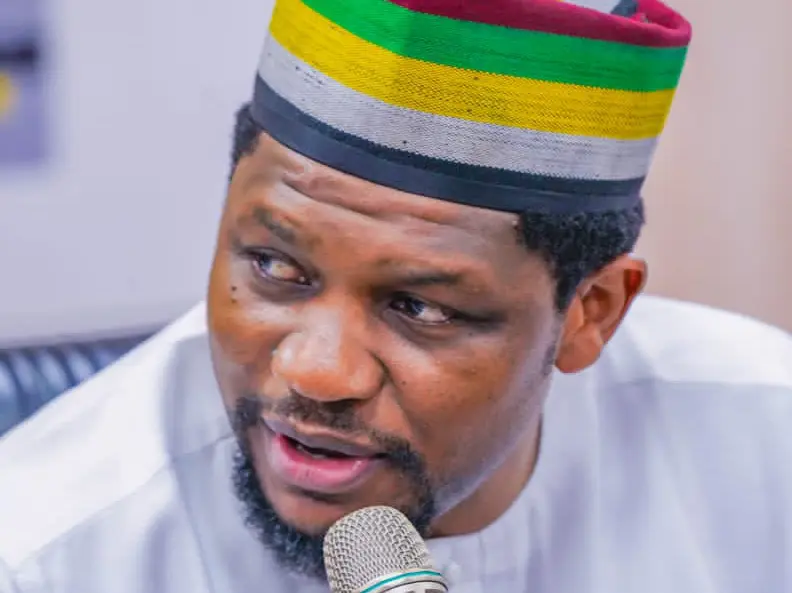Former Nigerian Lawmaker Predicts Difficult 2027 Challenge for Gubernatorial Aspirants
In a surprising turn of events, a former member of the Nigerian House of Representatives, Dachung Musa Bagos, has opined that it will be challenging to unseat Plateau State’s incumbent governor, Caleb Mutfwang, in the 2027 gubernatorial elections. Bagos, a former representative for Jos South/Jos East Federal Constituency from 2019 to 2023, expressed his sentiments in a statement issued on Thursday.
Bagos, who was ousted by a Court of Appeal judgement, lauded Mutfwang’s performance during his two years in office. He credited the governor’s excellent governance, strategic leadership, and tangible results-oriented approach for winning the hearts of Plateau state residents across political party lines. Despite being a member of the Peoples Democratic Party (PDP), Bagos forecast that Mutfwang would pose the most considerable threat to incumbent governors in Nigeria come 2027.
Bagos’ remarks come amidst declarations by the National Chairman of the All Progressives Congress (APC), Professor Nentawe Yilwatda, who boasted about reclaiming Plateau State from the PDP in the 2027 elections. However, Bagos advised the APC hierarchy to resign themselves to the fact that the 2027 elections would be a contest of candidates rather than political party influence or national clout. He reiterated the people of Plateau state’s alignment with Mutfwang.
The former lawmaker attributed Mutfwang’s anticipated success in the 2027 elections to a series of achievements. These include bold infrastructural investments, such as road constructions in both urban and rural areas, as well as significant developments in health, education, and job creation. Additionally, Mutfwang’s approach to human capital development, youth empowerment, and technical education has fostered hope and pride among Plateau citizens, Bagos noted.
Furthermore, Bagos praised Mutfwang’s administration for its commitment to reviving abandoned projects, improving rural infrastructure, expanding access to water, and attracting partnerships from both local and international investors. These factors, according to Bagos, have positioned Mutfwang as a formidable candidate to reckon with in the 2027 elections.
The international community and global observers should take note of this development, as it signals a potential shift in Nigeria’s political landscape and the importance of effective governance in shaping voter sentiment. As the 2027 elections draw near, the challenge posed by Mutfwang’s administration presents an intriguing narrative to watch unfold.
